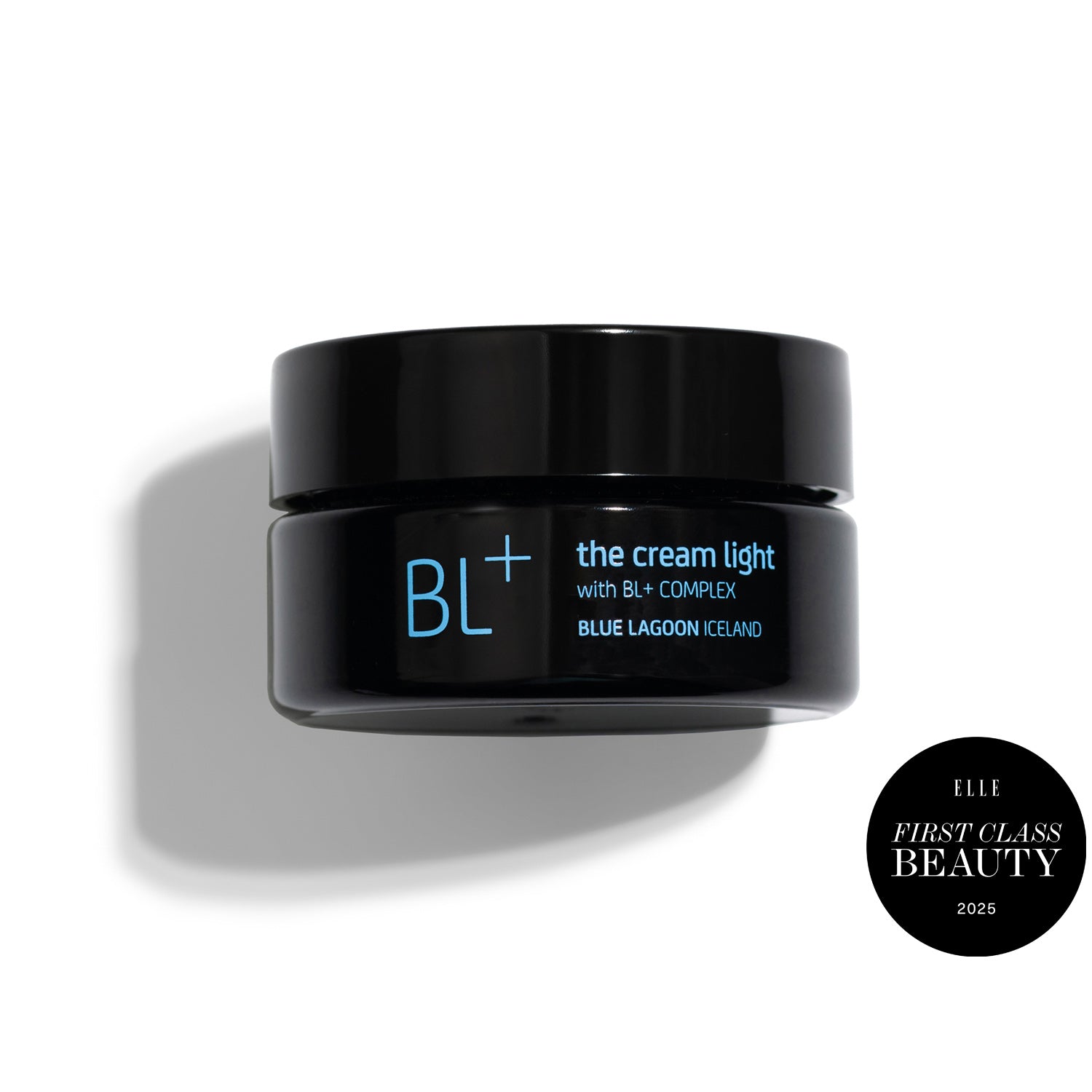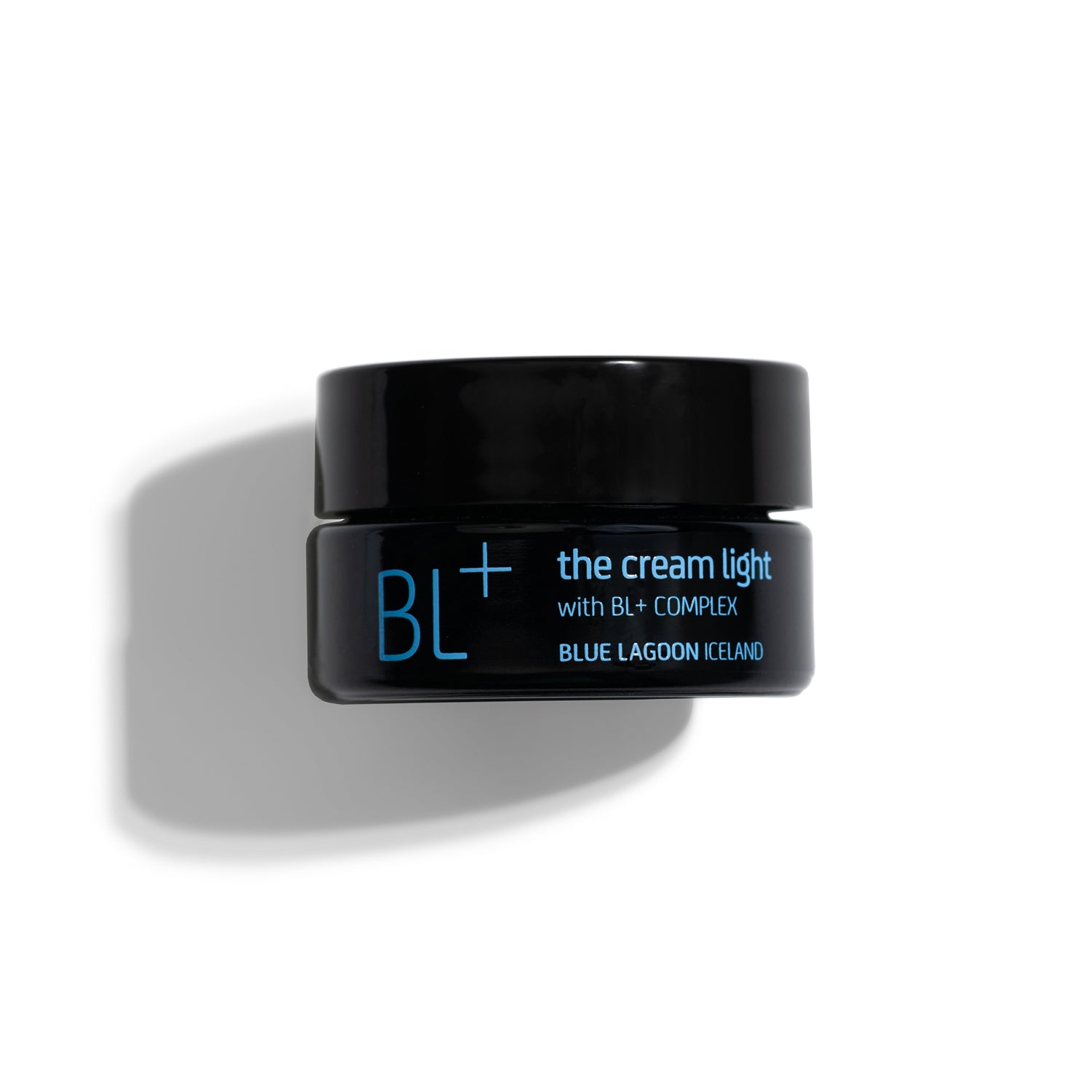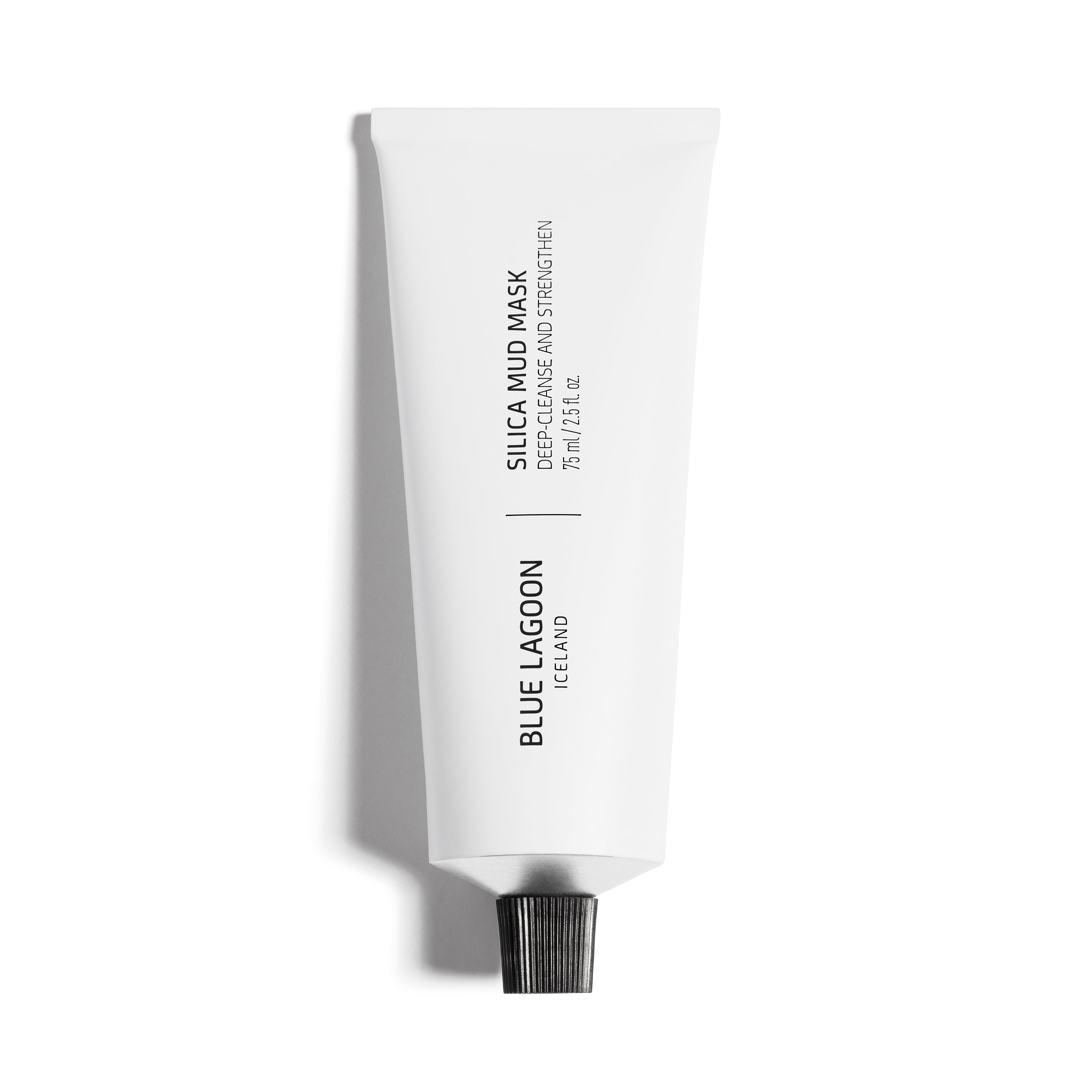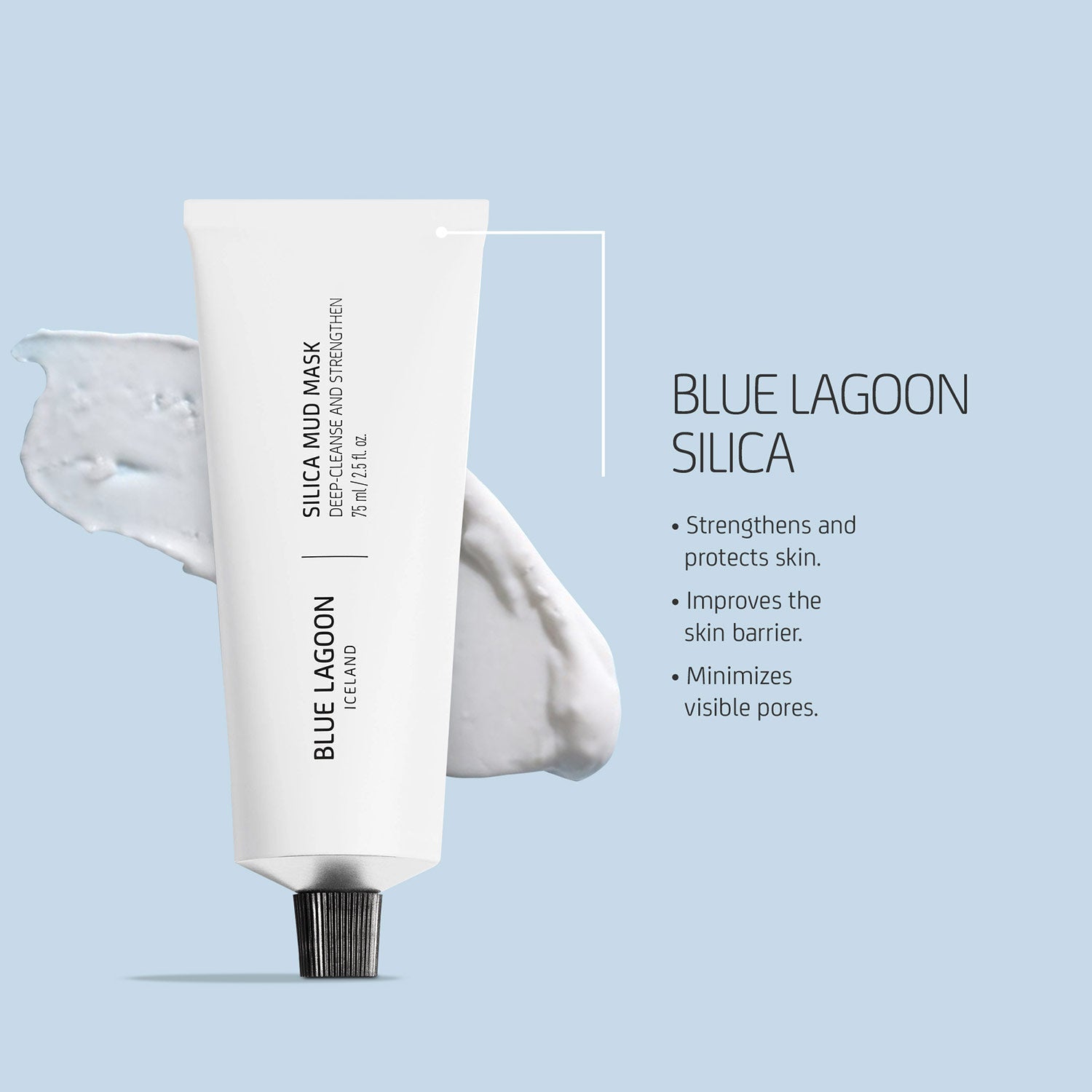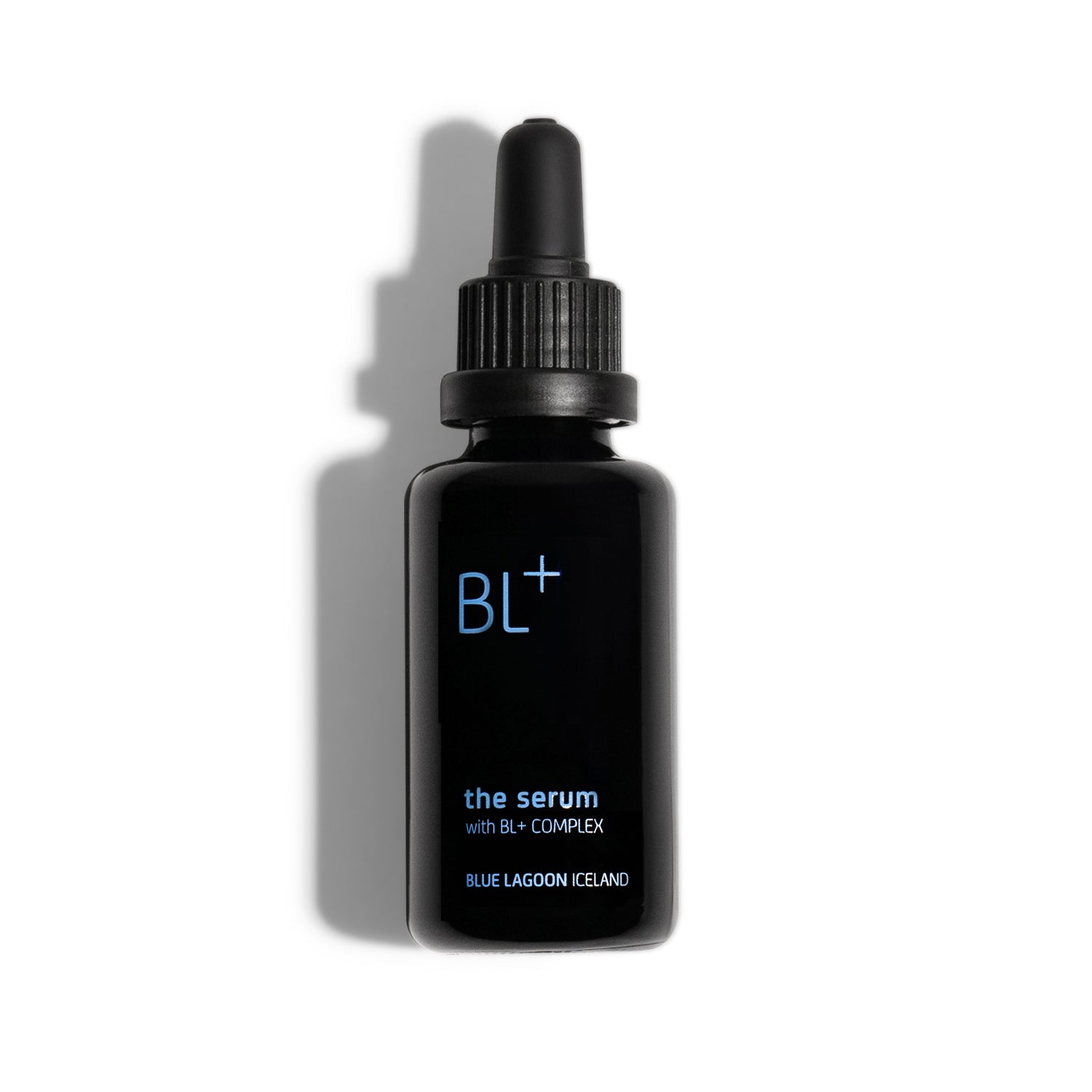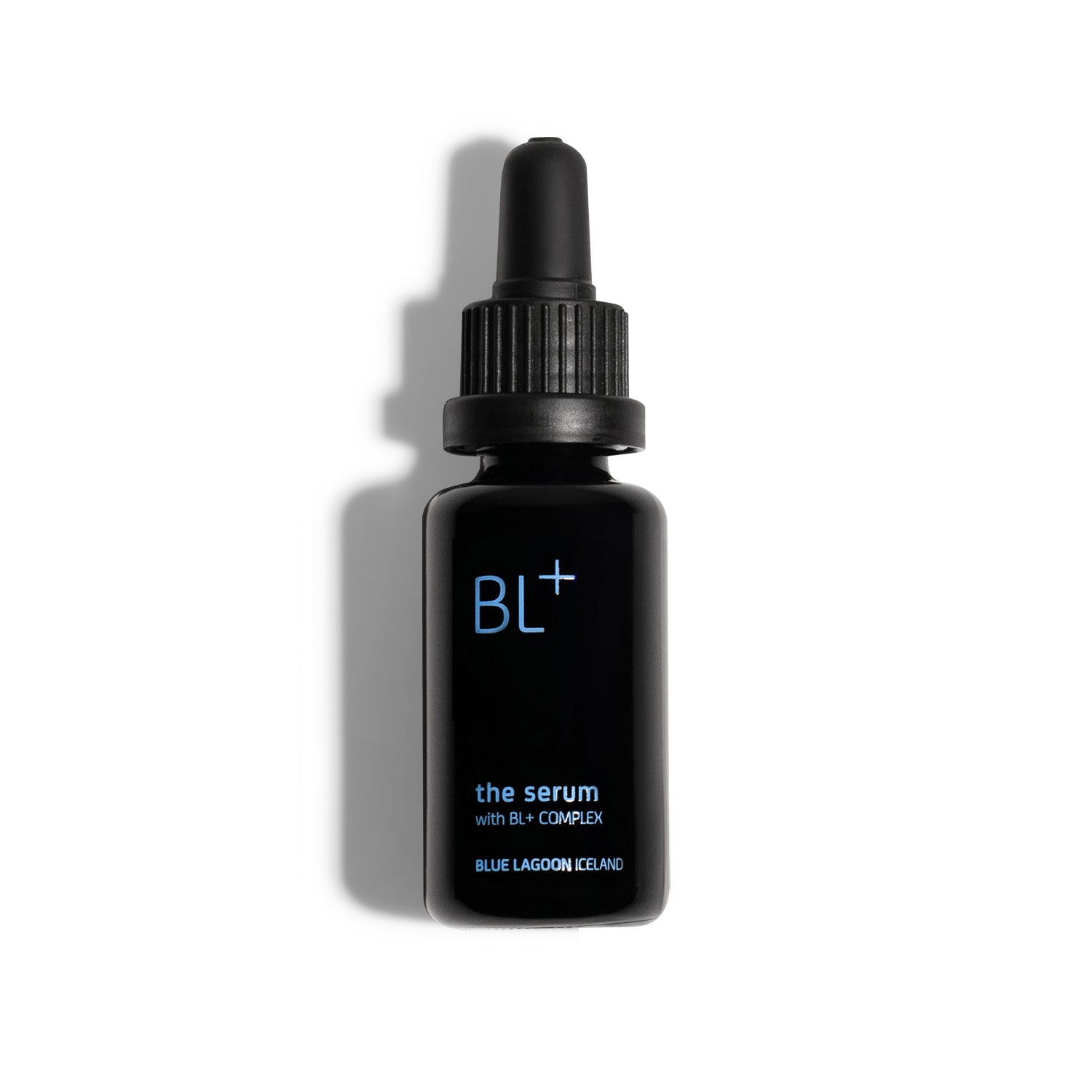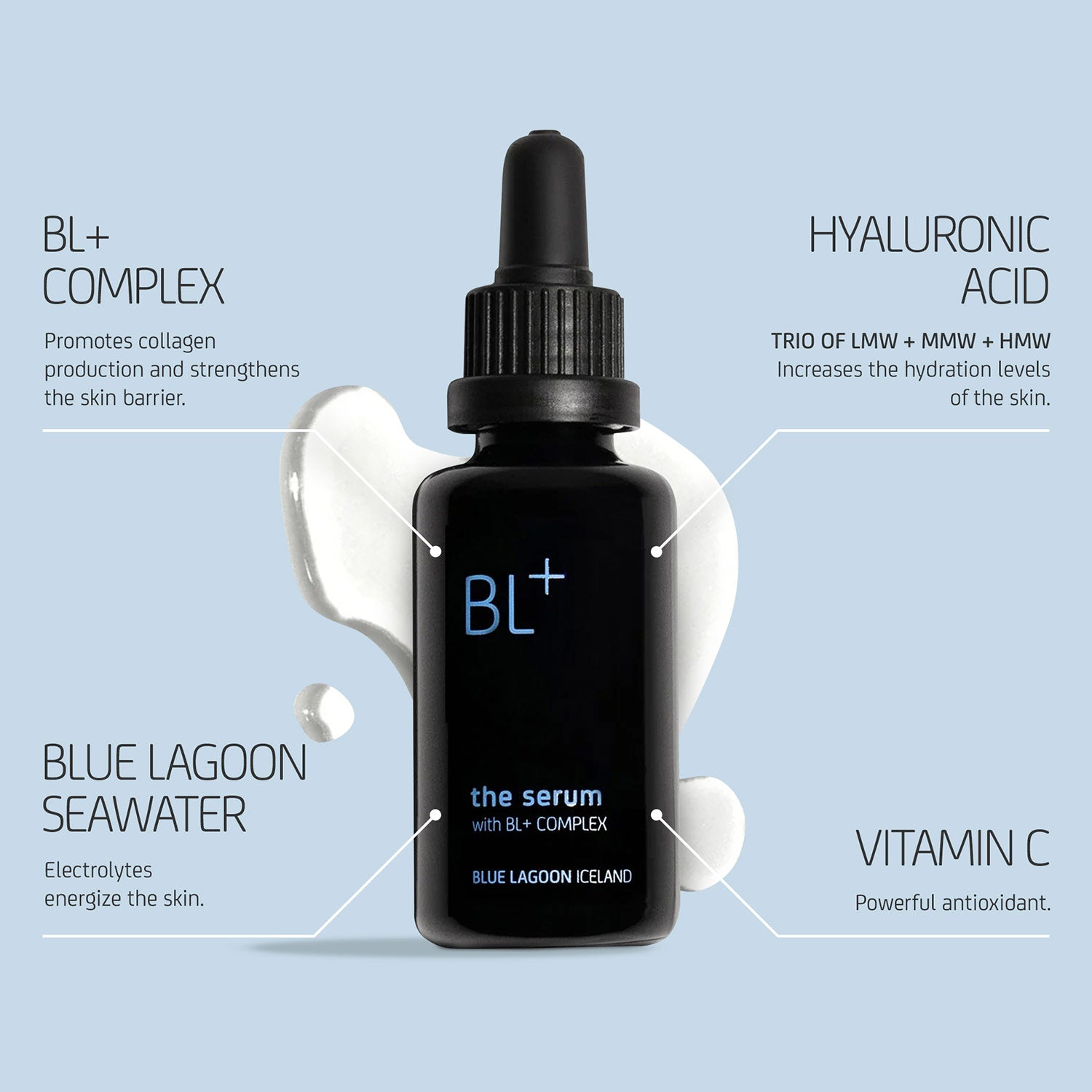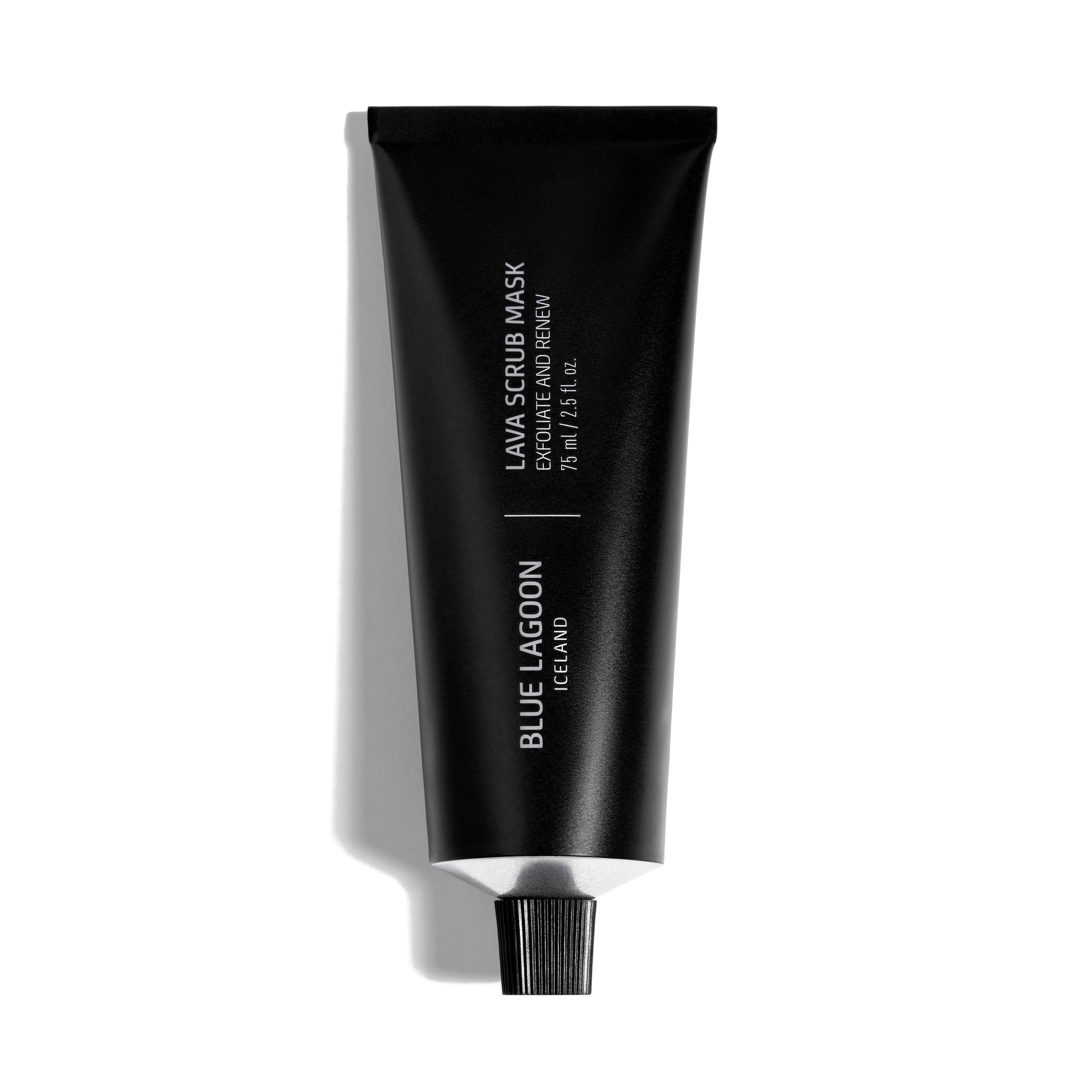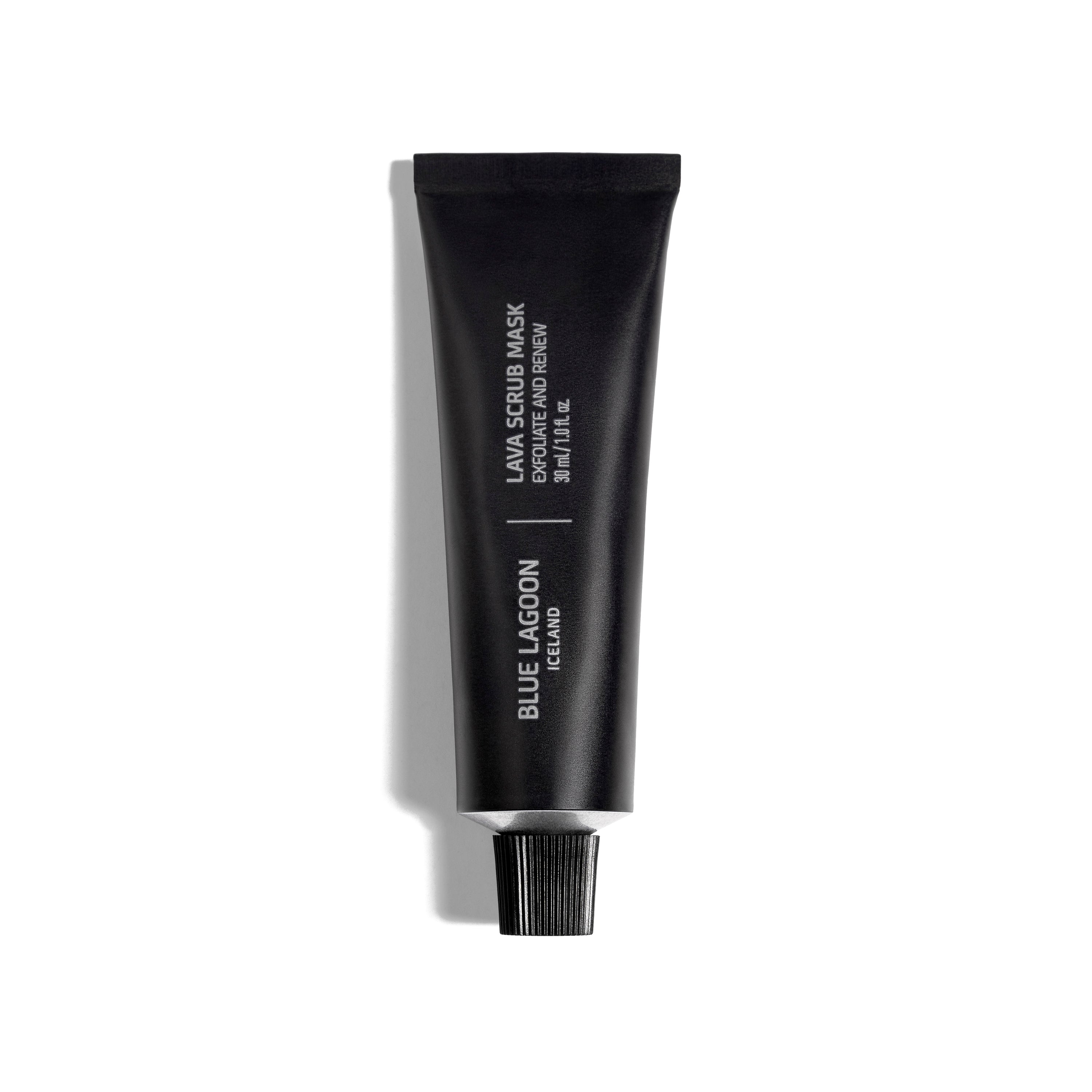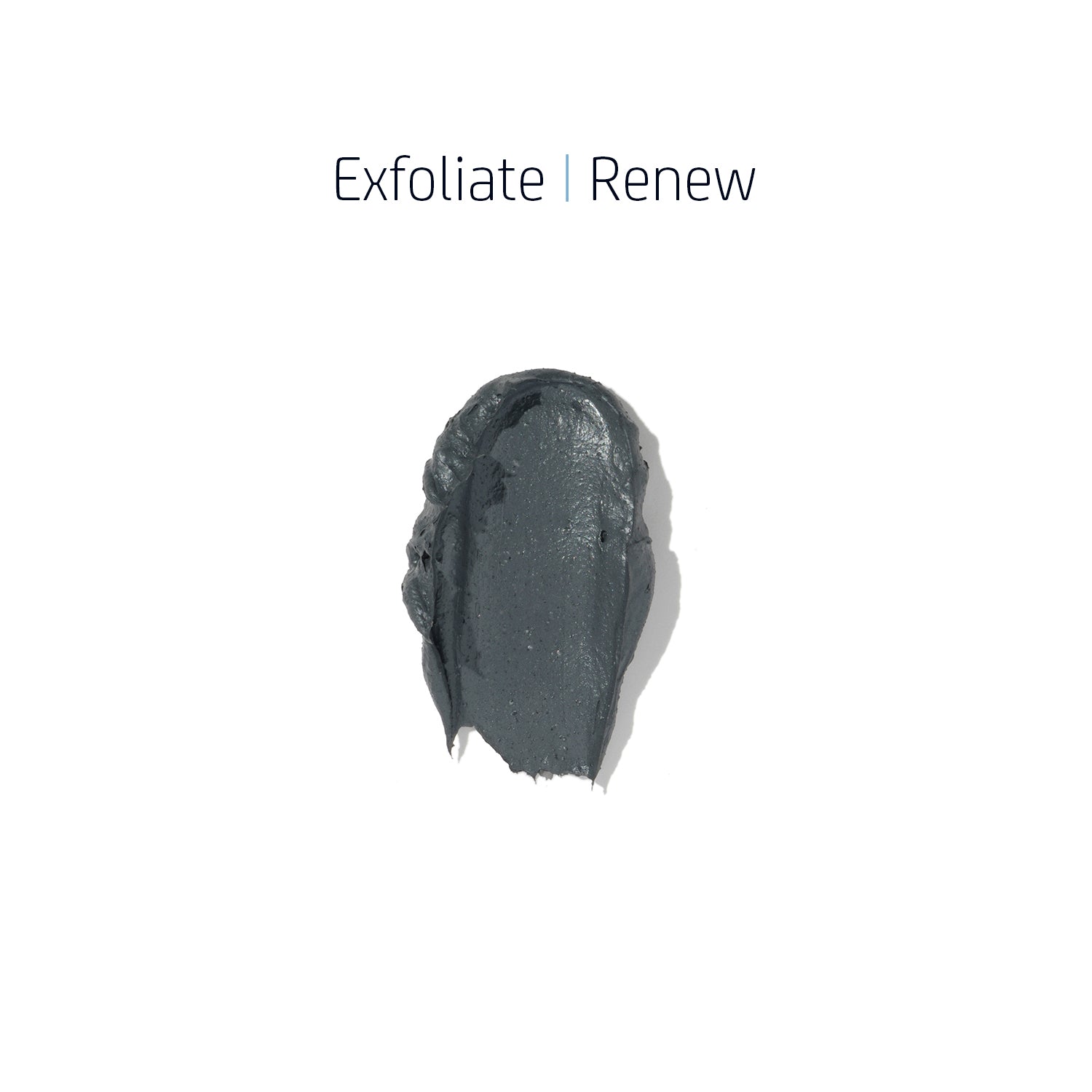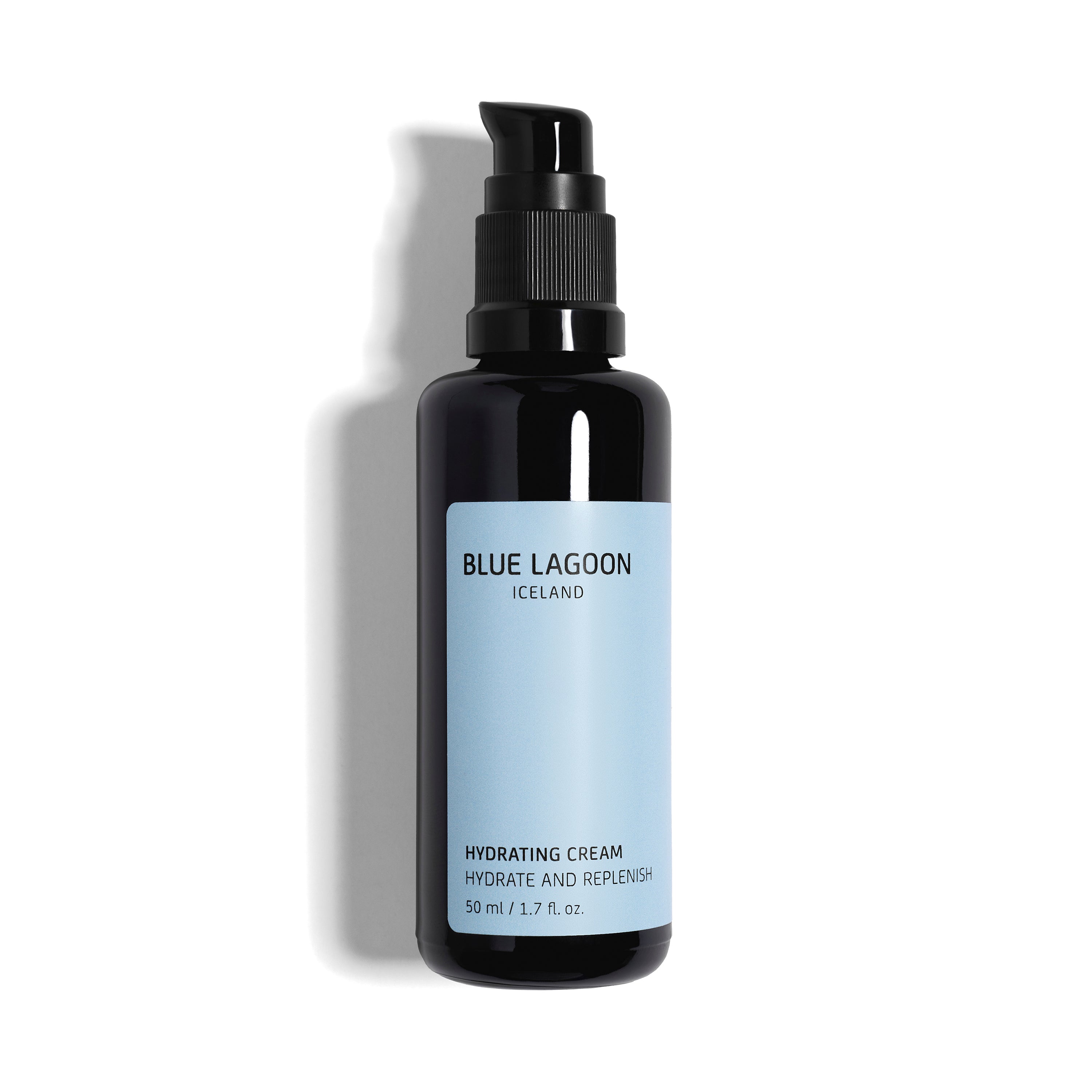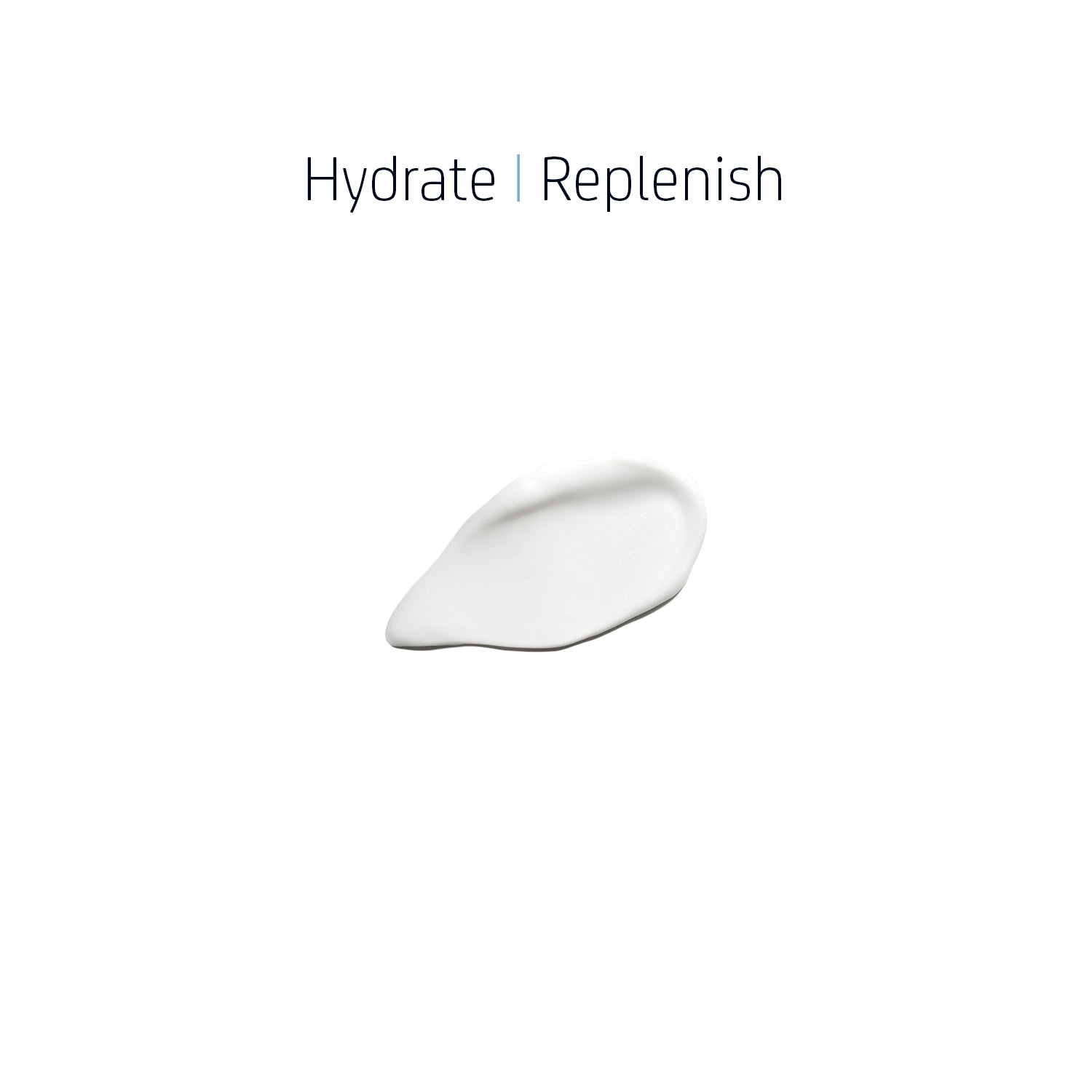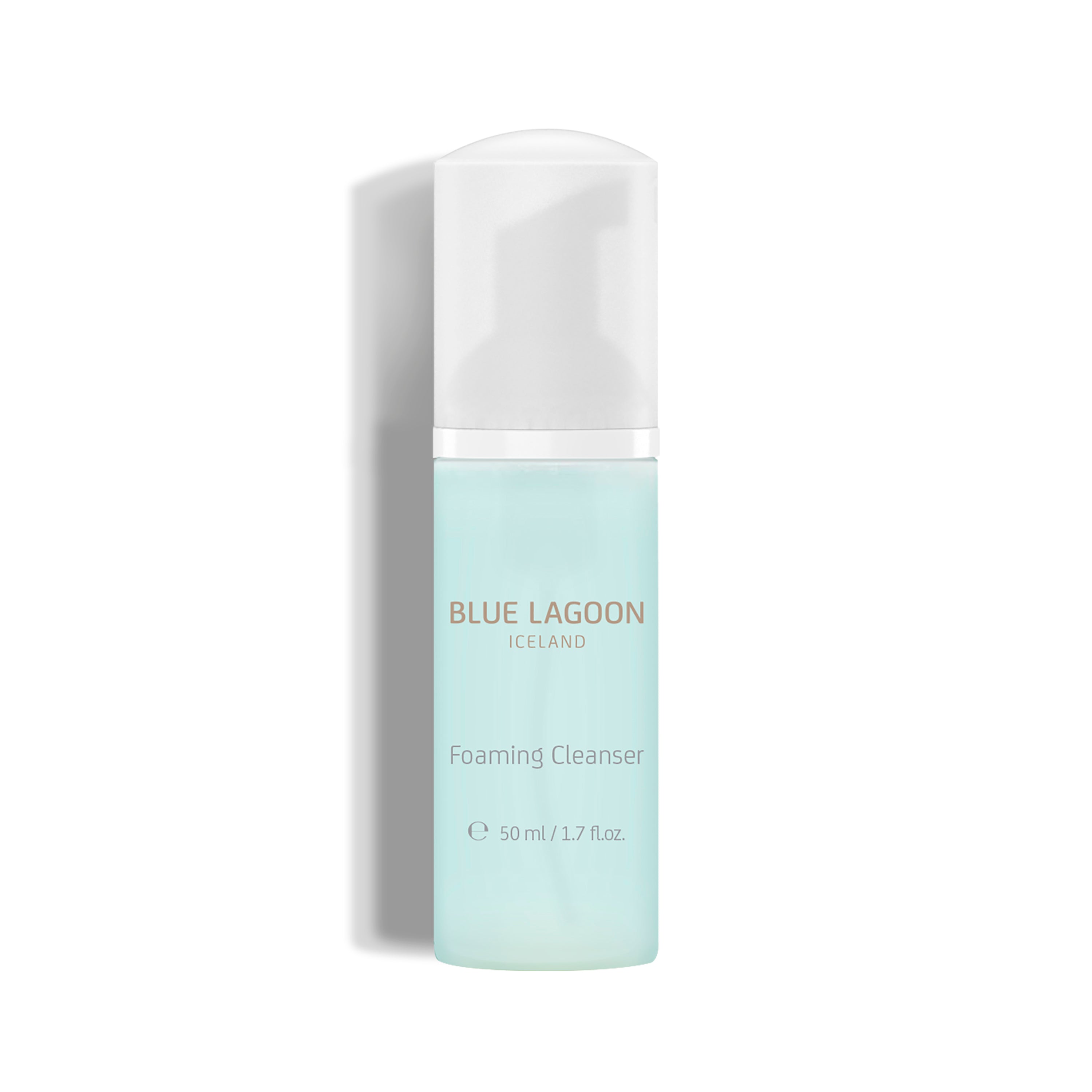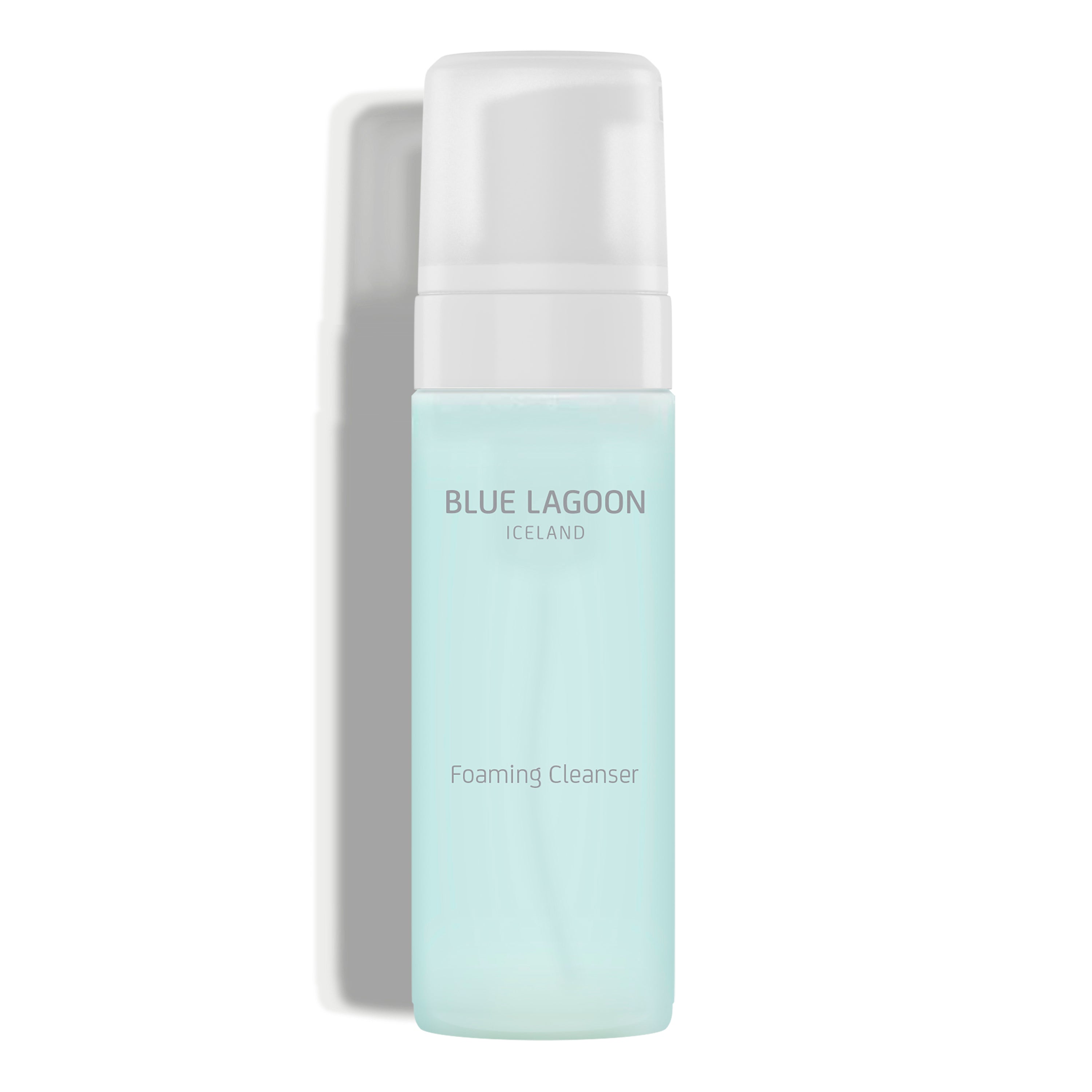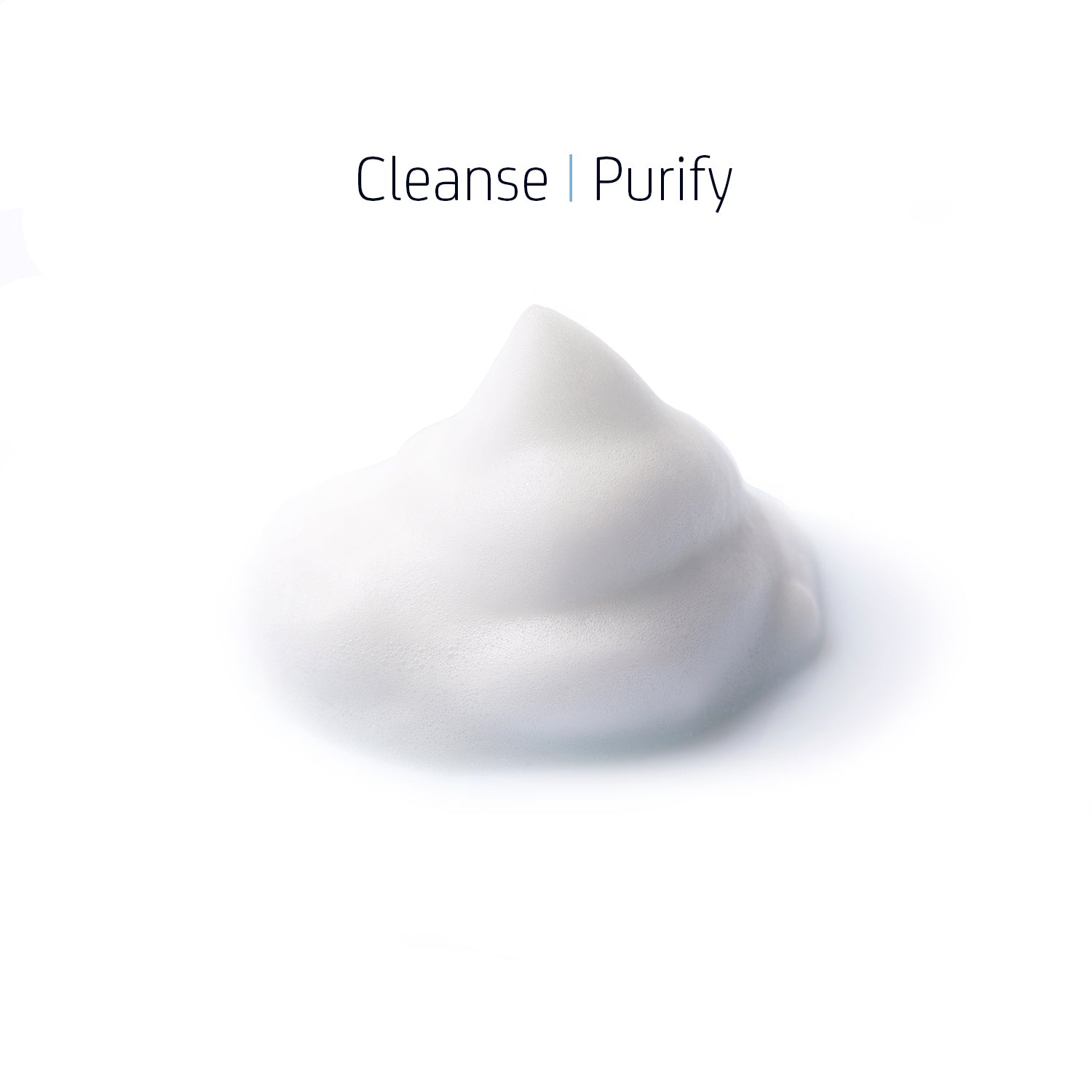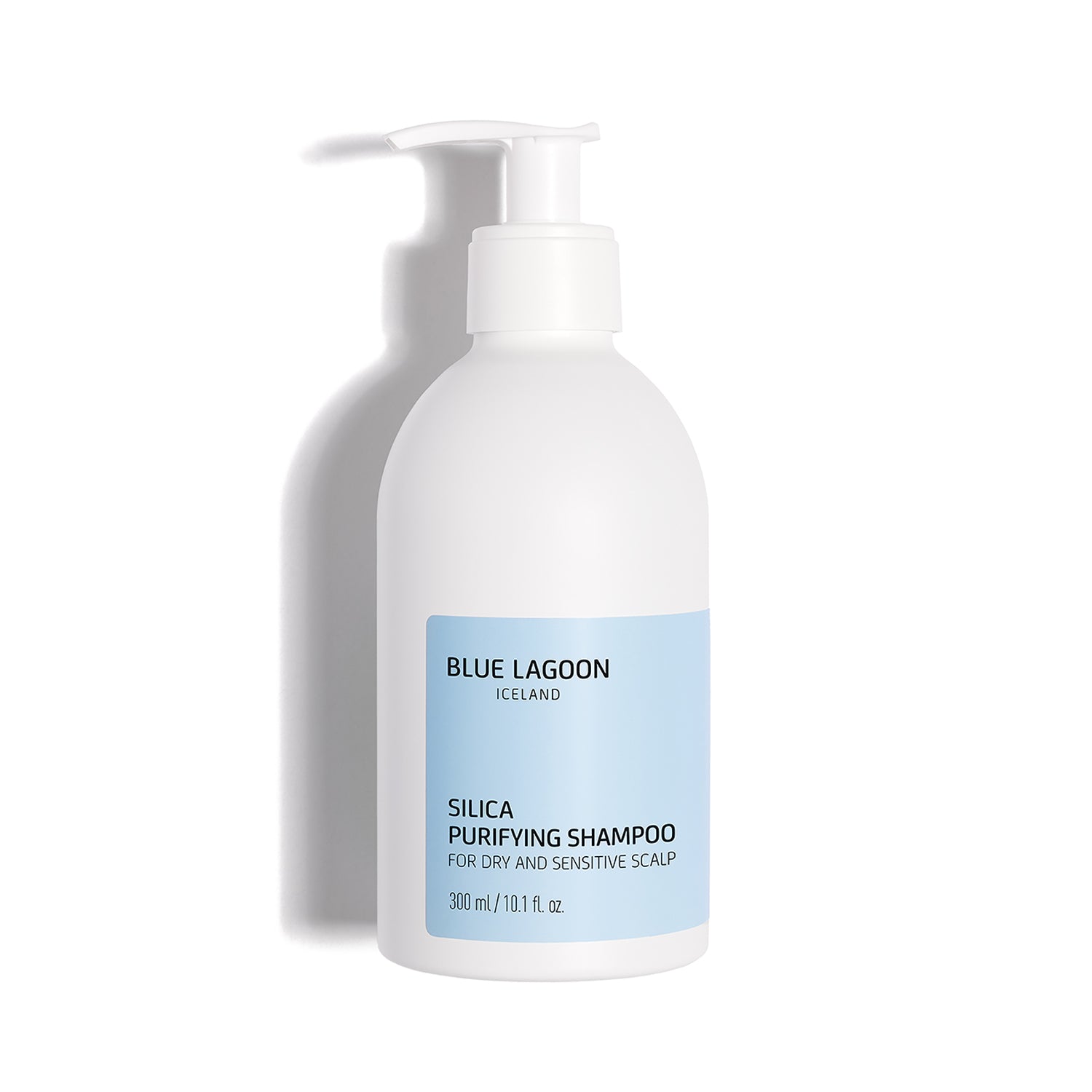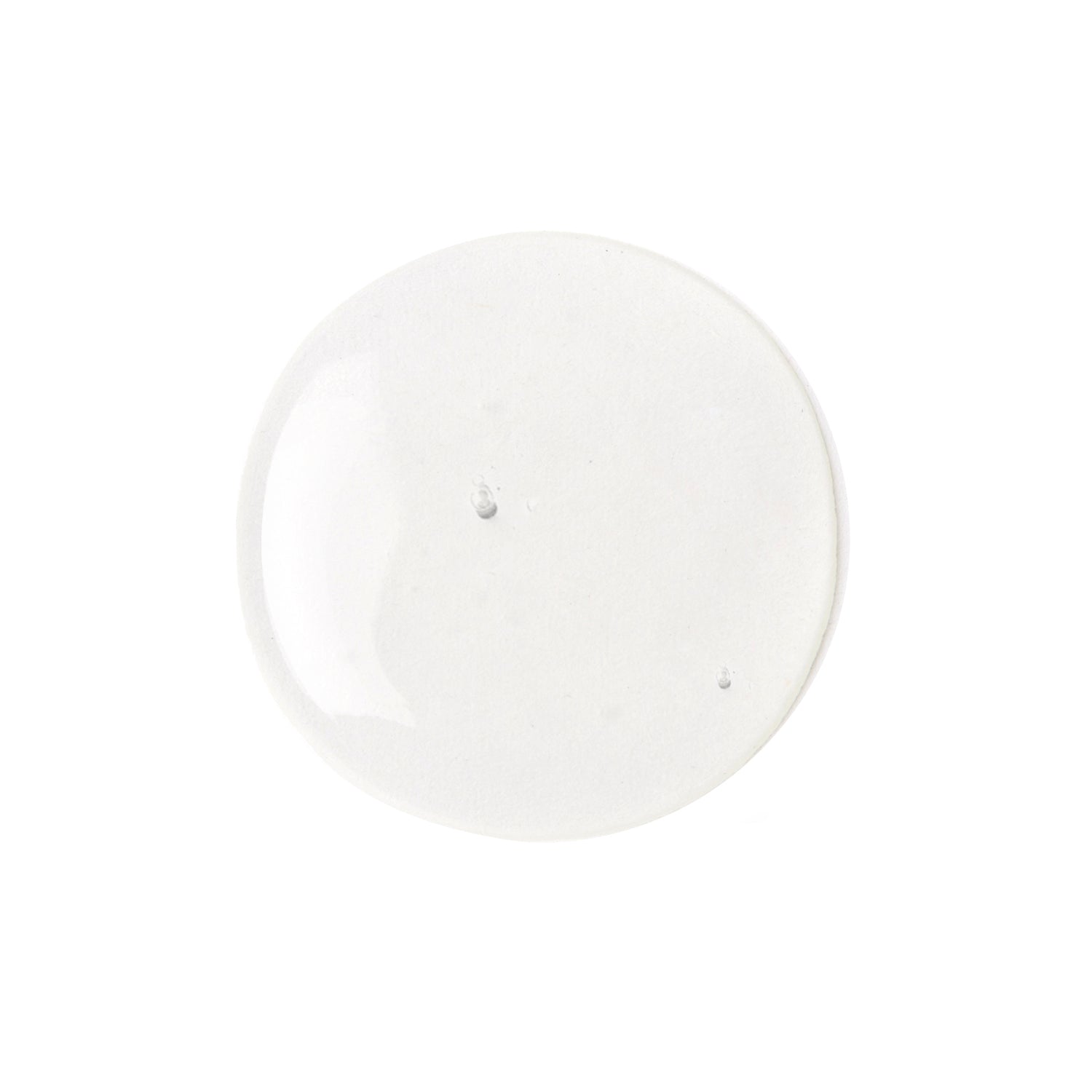Oily Skin
FAQ
What is oily skin?
Everyone’s skin produces oil, as it is essential to our skin’s wellbeing and health. The precise term is actually “sebum” and it is naturally produced by the oil glands in our body to nourish and protect the skin. So, when is a skin type oily? The definition of oily skin resides in the quantity of oil produced; a person has oily skin when their glands produce too much sebum. This translates into greasy skin and clogged pores which can lead to a number of skin issues, such as acne.
What causes oily skin?
Oily skin can be caused by various factors. The first cause is genetics: if your parents’ oil glands overproduced sebum, the chances of you dealing with the same issue are high. Another factor that determines oily skin is age, which is directly linked to hormones: one may suffer from oily skin during a certain period of time in their life, especially in teen years and early adulthood. Climate can also affect sebum production: when the air is hot and humid the skin tends to produce more oil, in fact it is quite common to have oily skin during the summer. Last but certainly not least, skin care. Oily skin may be caused by using the wrong products for your skin type or by being too aggressive with treatments, like over exfoliated or over cleansing for example.
How is oily skin treated?
Like any skincare routine, the first step is to cleanse twice a day, morning and night, with a cleanser for oily or combination skin. Many people who have oily skin erroneously believe that, since their skin is already oily, they shouldn’t apply anything after washing it, but this actually causes the skin to produce even more oil! Therefore, never skip this step and make sure to choose a moisturizer specific to oily skin. Another way to correctly treat oily skin is to avoid certain ingredients, particularly occlusive ones like coconut oil, cocoa butter and petroleum jelly as these may clog pores. It is always important not to touch your face with your hands during the day; if your skin is very shiny use blotting sheets to get rid of the excess oil.
How can I stop my face from being so oily?
Having an oily face is no fun. Thankfully, there are a few remedies and things you can do to keep it under control. Aside from tailoring the correct skin care routine for oily skin, make sure to include specific treatments at least once a week, like a face mask that will clean out pores from all impurities and leave the skin looking freshly renewed. To keep oil production under control, it is best to reduce stress, make some dietary changes by incorporating more fruits and vegetables, as well as limit alcohol consumption.
